Entrevistas
Adjustment to American life
We arrived in San Francisco okay. As we got off the ship, our parents found us. For them it was a very emotional thing, for us it was kind of awkward. There's two people there trying to hug us and so forth, but we’re saying, “Gee, who are these people?” It’s kind of a strange feeling. Then ultimately, we arrived in Los Angeles. We stayed in anarea called Bunker Hill.
The adjustment I would say was difficult. The language, being the biggest barrier. American English language is not something that's easy to comprehend by Japanese. In Japanese everything is monosyllable and the English language have all these pronunciation and exceptions, and so forth that’ll drive you crazy. Grade-wise, I would get two A’s, one was mathematics naturally and physical education. And then everything else would be F’s, failure, or D. By the time I got to the eighth grade, I was beginning to get the hang of the English language, and I was more or less functional in a classroom.
I think my parents knew our story through our relatives. And I’m sure my parents have very strong, difficult stories of their lives, of their internment, losing everything they had, being thrown into a camp with thousands of other people and coming out with basically no money, and start a new life. All these things are difficult things. And Japanese as a culture, they bear it. They don’t like to speak about unhappy events too much. And I think my parents are no different, they're basically Japanese—although they’re Niseis—their culture background is Japanese.
I don’t think they wanted to burden us with any unhappiness. Most of all their focus was to make our transition smooth. I had to really credit my parents for their understanding and their tremendous effort to make our transition into the American life as smoothly as possible. It's commendable I think.
Fecha: September 3, 2019
Zona: California, US
Entrevista: Masako Miki
País: Watase Media Arts Center, Japanese American National Museum
Explore More Videos
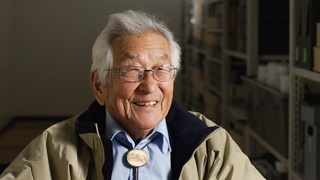
Coming home to his mother after the war
(1919 - 2015) Nisei que sirvió en la Segunda Guerra Mundial con el Regimiento de Infantería 442°
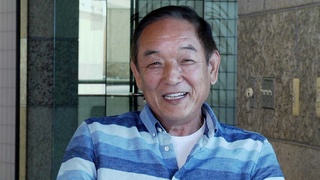
First impression of America (Japanese)
Empresario Shin-Issei de un bar y restaurante japonés “Hondaya”

Getting a PhD under the G.I. Bill
(1919 - 2015) Nisei que sirvió en la Segunda Guerra Mundial con el Regimiento de Infantería 442°

Felt no hostility in Los Gatos, California after the war
(n. 1935) Empresario sansei.

Requested assignment in Europe to avoid combat in the Korean War
(n. 1935) Empresario sansei.



Parents leaving Peru to move to California
Okinawense estadounidense cuyos padres son de Perú.

Family’s Japanese roots and values
Juez Sansei en la Corte Superior del Condado de Los Ángeles en California
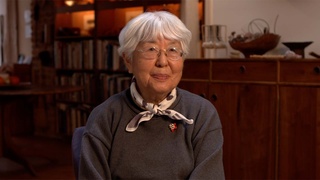

Facing Prejudice as a Japanese American Teenager in Chicago after the War
(b. 1932) Actriz de teatro, cine y televisión nisei americana
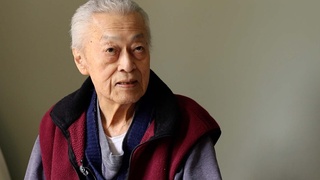
Facing housing discrimination in Rhode Island
(1934–2018) Diseñador japonés americano, educador y pionero de tecnologías mediáticas

Immersed in Japanese culture and language
(n. 1936) Japonés peruano encarcelado en Crystal City

Por qué mis padres decidieron emigrar a Brasil
Profesor de doctorado en la Facultad de Derecho de la Universidad de São Paulo, abogado, traductor (nacido en 1948)
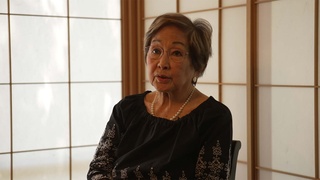
Padres en Utah
(n. 1939), una mujer de negocios cuya familia se mudó voluntariamente a Salt Lake City en Utah durante la guerra.
